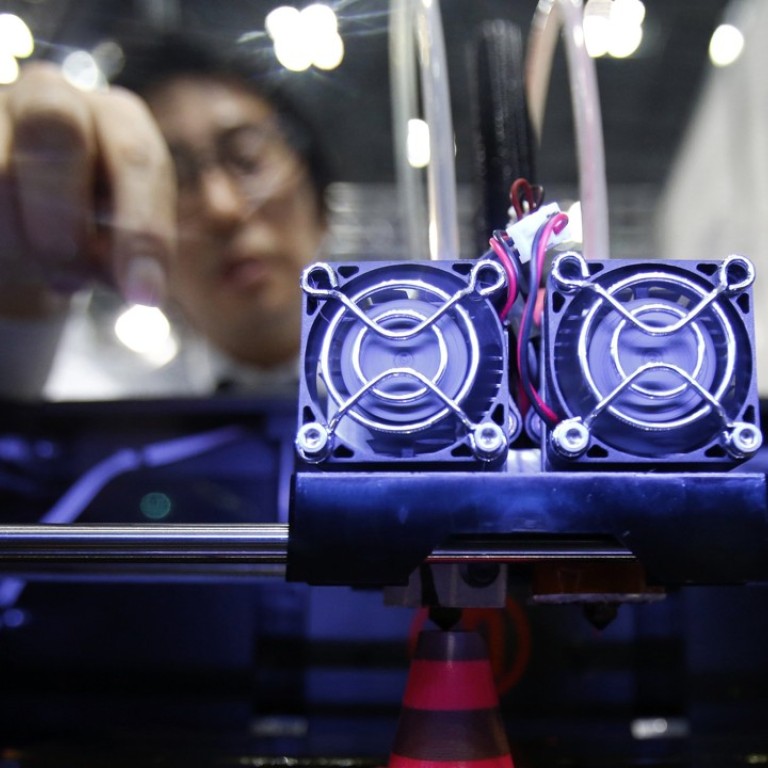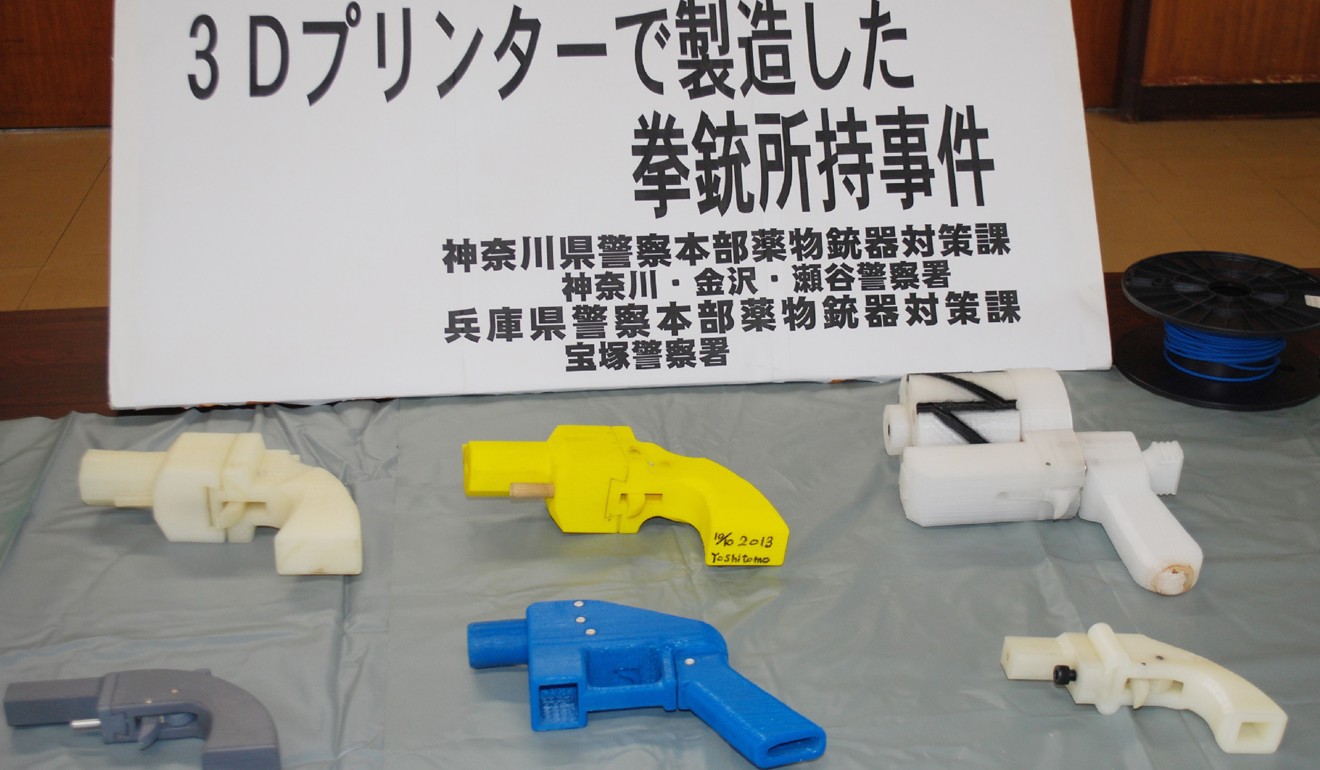
Chinese city orders 3D printing firms to register with authorities to stop technology being used by criminals
Police say they are worried the technique could be used to produce illegal items
Companies involved with 3D printing in one of China’s major cities will need to register with the police to avoid the technology being used for criminal activities, state media reported.
Local police in Chongqing began requiring these companies to register with the government on Monday, Xinhua reported on Sunday.
As the country’s first-ever trial of this kind, the move is intended to prevent 3D printing technology being used to produce illegal items or the digital blueprints for these items, the city’s police announced on the news platform Toutiao.
Companies will need to provide information about the equipment and security measures they use, as well as the personal information of their heads and relevant employees.
While the emerging technology has been useful in a variety of areas – including in construction, aviation and medicine – it has also been used to make potentially dangerous items.
In 2014, a man was arrested in Japan for being in possession of five 3D printed guns, with two capable of firing actual bullets.
Earlier this year, a man in London was able to trick facial-recognition security systems with 3D-printed latex masks.

The Chongqing regulation will require companies involved with 3D printing to register as a “special industry”, since police say the technology could be used for criminal activities, given its low costs and ease at evading detection.
They announced this in a notice titled “Welcome the 19th Party Congress: Loyally Defend Safety,” referencing the upcoming once-in-five-years gathering of the Chinese Communist Party in mid-October.
Current 3D printing technology is not cost-effective for mass production purposes, and there are practical limitations on using it to manufacture items protected by copyright or for weapons such as guns, said Kwok Ka Wai, assistant professor in the mechanical engineering department at the University of Hong Kong.
He said: “There are a lot of tools that you can use to make bad things, but they are not tailor-made for that purpose.”
Kwok also said he was “worried about the abuse of” regulations like those imposed in Chongqing, adding: “3D printing is a kind of tool, like a hammer.”

